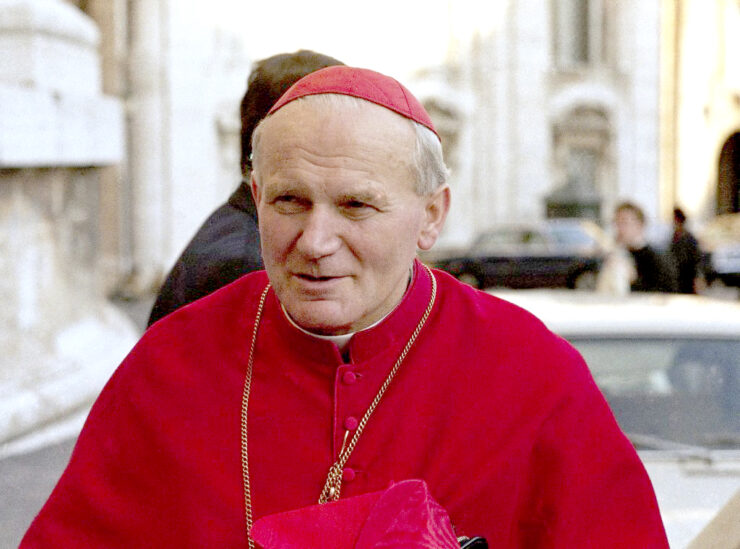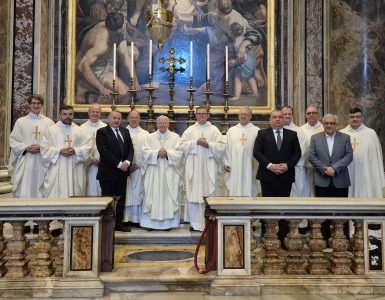In 1968, a protest of Polish youth broke out in Warsaw, after which it spread throughout the country. It was an important step towards freedom (…) The revolution of 1968 failed because the youth were not supported by workers, the main strength of Polish society. On the contrary, it was often they who, undoubtedly manipulated and forced by party agitators, supported the policy in its activities.
The Church and Cardinal Wojtyła in particular, sided with the young. He made it clear that they should not be held responsible for conflicts and protests. According to him, blame should be attributed to those who have deprived young people of their freedom and prospects for social and cultural development. Thanks to this position, the Church did not lose youth, but even acquired them. The young did not lose hope. They laid down their weapons, but they maintained their strength of spirit.
After less than ten years, there was another great rebellion of the young; this time in completely new scenery. Not in Warsaw, but in Krakow, where, thanks in large part to the presence of cardinal Wojtyla’s authority, young people remained free from manipulation by the system. Moreover, there were no longer those young people who referred to themselves as “communists”, because they lost their faith in so-called real socialism and in the fact that it was able to bring about real social progress.
Cardinal Karol Wojtyla’s method proved to be a winning strategy. Instead of openly fighting Marxism, the Metropolitan of Krakow sought to weaken it from within by confronting the reality of man by confronting the “truth” about man.
With the consent of Cardinal Stanisław Dziwisz – “Testimony”.
TBA marketing communication Publishing House. Warsaw 2007





